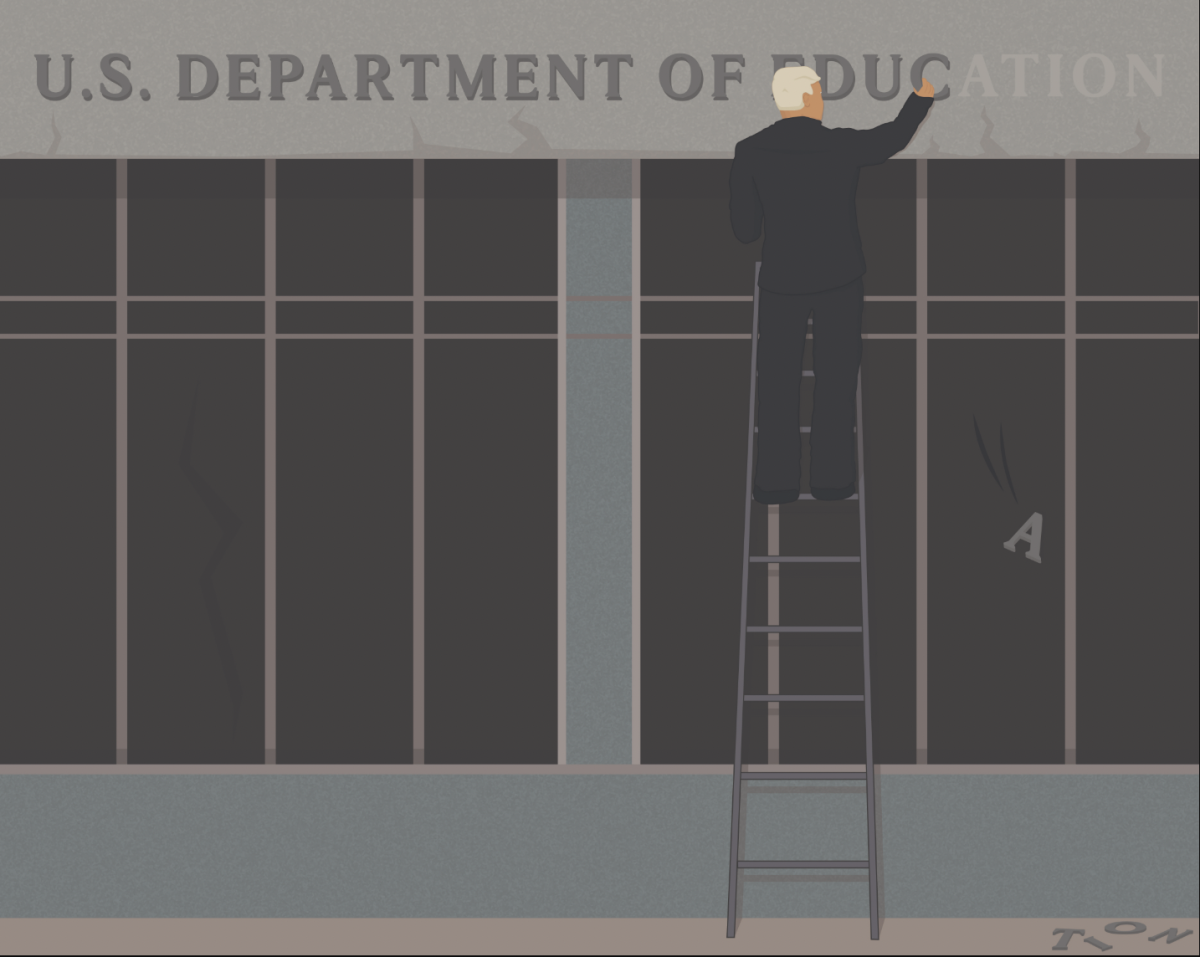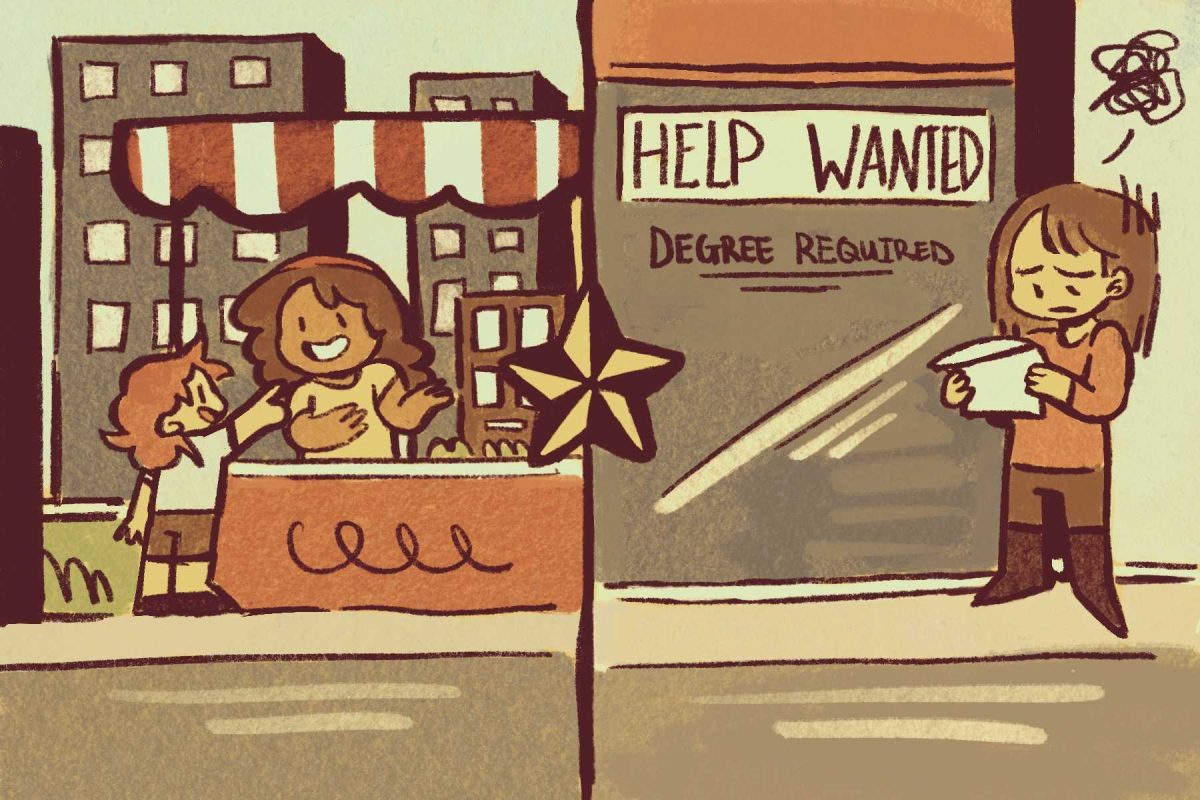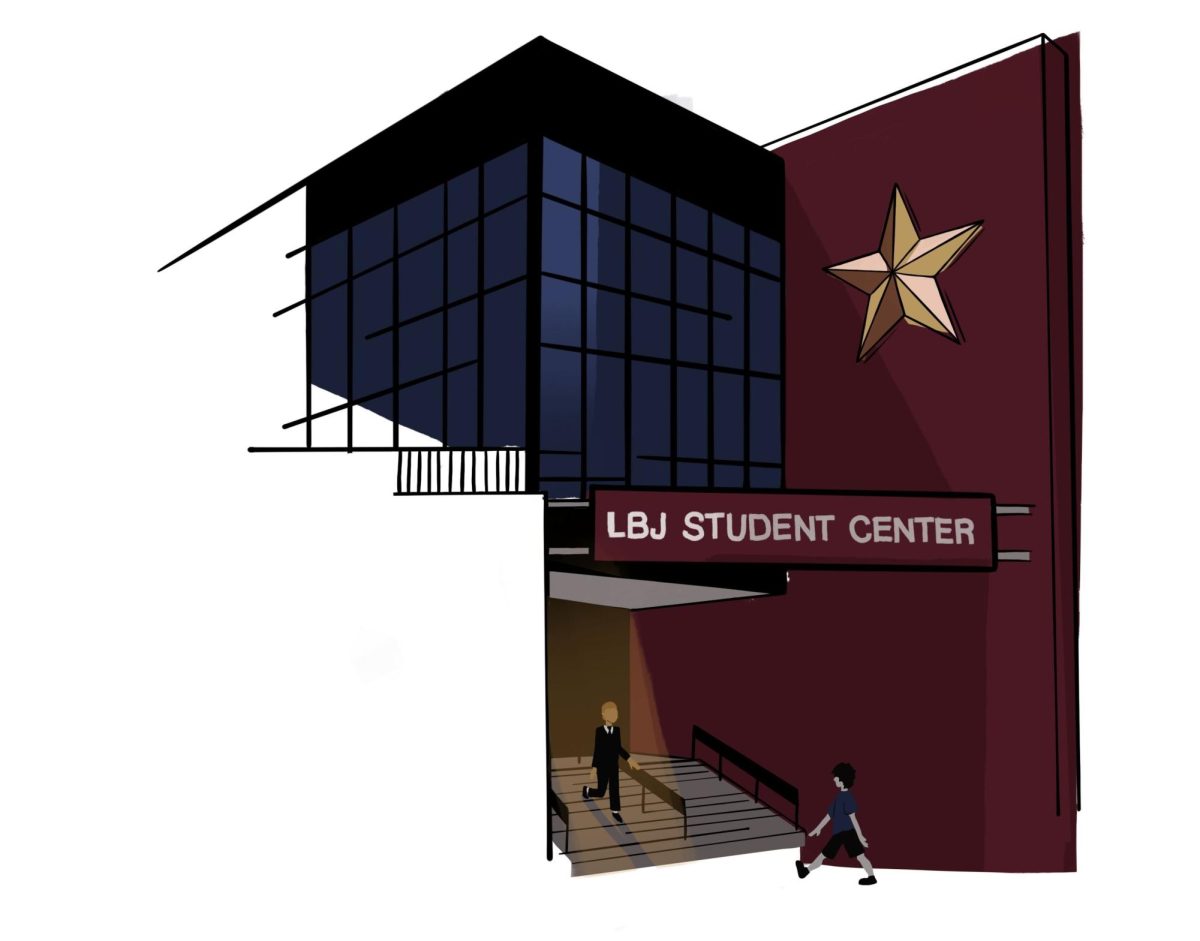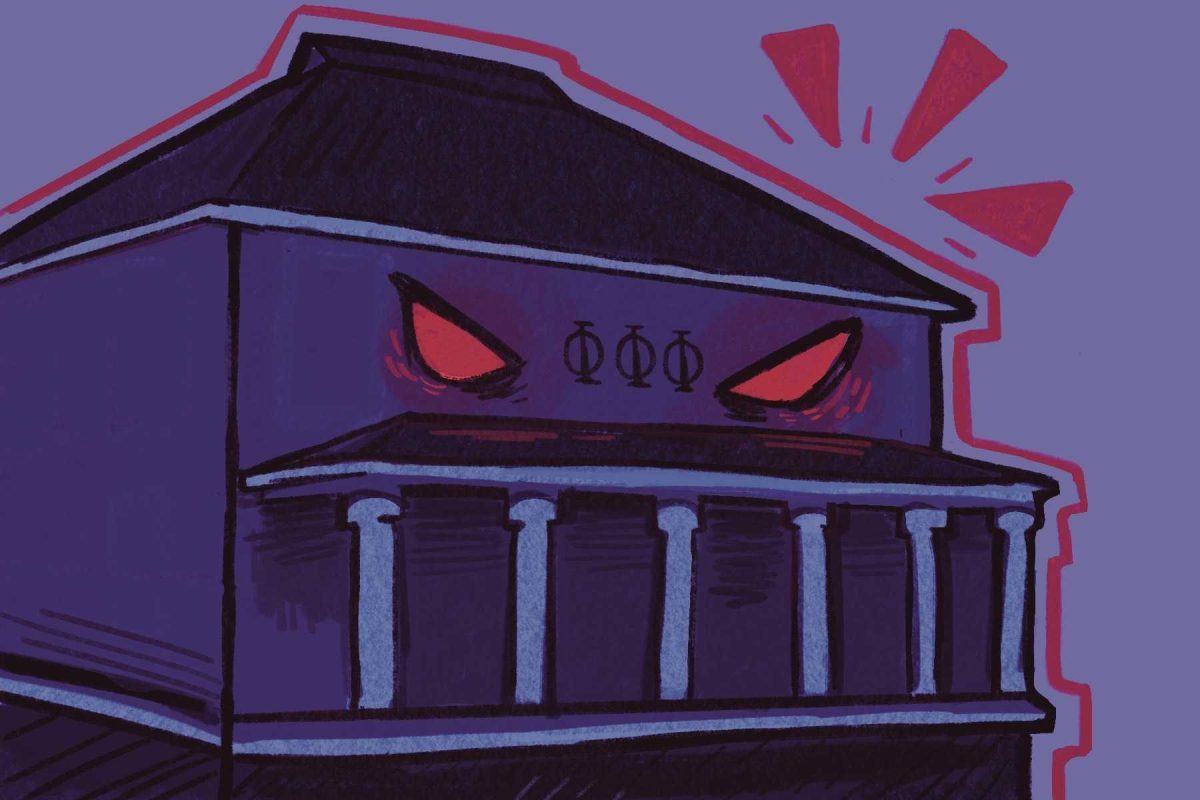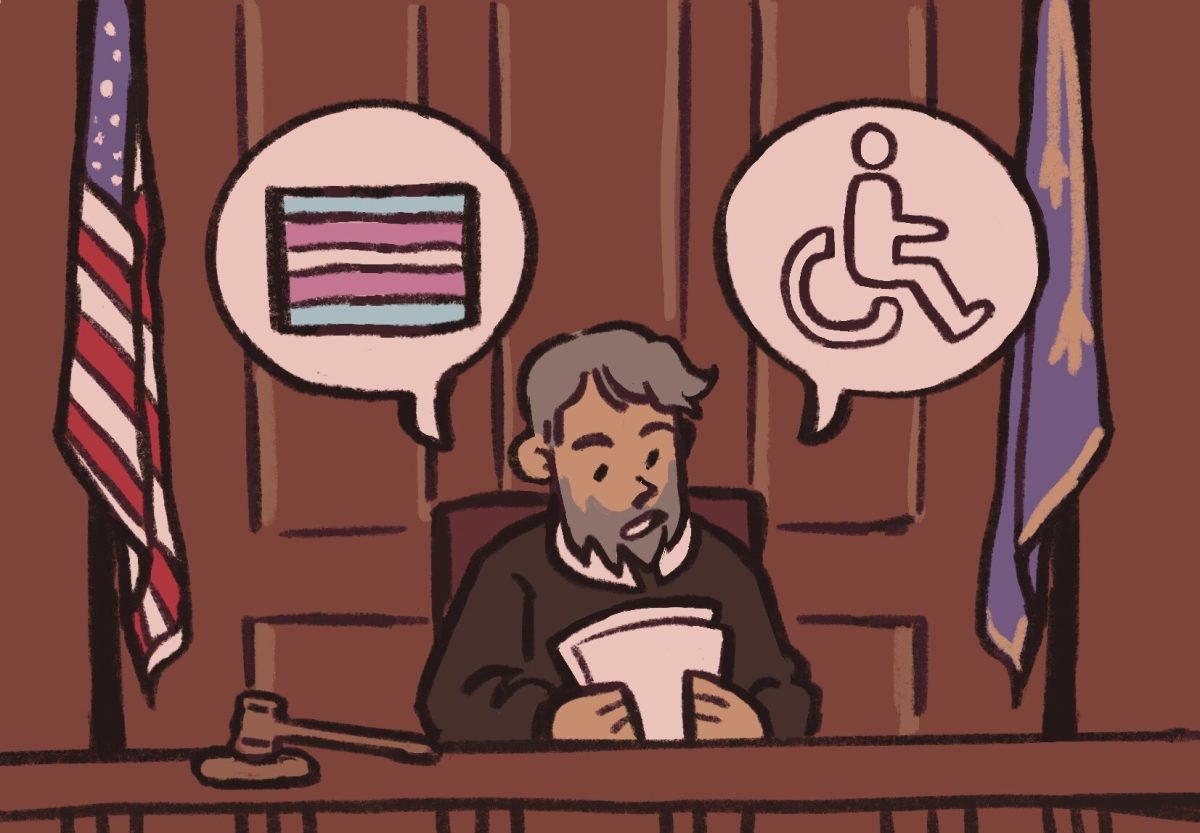Bobcat Bounty, a food bank for Texas State students, returned to campus on Sept. 1 and will distribute food to students in need every Thursday evening from 5 p.m. to 7 p.m. The university created the service to respond to food insecurity on campus, as 40.6% of Texas State students were food insecure in 2017.
Bobcat Bounty is the first step toward proper action about food insecurity amongst college students. However, universities must prioritize ensuring food security for students throughout all aspects of student living to ensure that college is equitable.
Food insecurity during college increases race and class disparity in college education. According to BMC Public Health, students who receive Pell grants, people of color and those who are first-generation college students are more likely to become food insecure throughout college.
First-generation students who are food insecure were 47% likely to graduate from college, compared to 59% of first-generation college students who are food secure. And 76% of food-secure college students were not first-generation students, according to a study done by John Hopkins. Since Texas State has a lot of resources for first-generation college students, resources for information about Bobcat Bounty and other nutritional services on campus should be more frequently distributed to ensure that students receive the help they need.
It is also important to note that single parents who are students report living with food insecurity at higher rates, according to a study by the U.S. Department of Agriculture. Perhaps one of the reasons single mothers are less likely to complete college overall and graduate with higher levels of debt on average, according to the Institute for Women’s Policy Research.
The resources at Texas State for first-generation students’ website has scholarships and grants aimed at helping students with academic and career success. Necessary, but ensuring that these groups receive adequate and reliable nutrition is essential when considering diversity, equity and inclusion initiatives.
Food insecurity can cause a performance gap and can even decrease retention rates.
According to a 2015 study conducted by the Community College Journal, students who experience food insecurity throughout their college career were more likely to report a GPA in the 2.0 to 2.49 range than the 3.50 to 4.0 range for those in food secure households. Thus, it is unsurprising that food insecure students are much more likely to fail out of college or withdraw. Factors when evaluating students whose GPA has dropped below the level acceptable for Texas State students; perhaps discussions about food security and other financial stability issues will allow students to remain in school and improve their grades to a satisfactory level.
Food insecurity on college campuses harms a student’s health and well-being. According to the National Library of Medicine, food insecure students report fewer days of sufficient sleep, less physical activity and fewer servings of fruits and vegetables, which negatively impacts students’ health.
Food insecurity also harms a student’s mental health. For example, a 2018 study by The University of California found that college students living with food insecurity are more likely to live with chronic stress and depression. Another National Library of Medicine study noted that food insecure students were more likely to live with anxiety, loneliness and self-injurious behaviors. In addition, a National Alliance on Mental Illness study found that students with mental illnesses are 64% more likely to drop out of college.
While the discussion on mental health and its relation to financial health has become more popular, these studies on the impacts of food insecurity on mental health suggest that colleges can do more to support students concerning financial struggles. More open discussions or forums about food insecurity and economic issues and their relation to mental health while in college will help alleviate these issues, but also help connect students to any resources they may need or to peers who understand.
Many argue that food insecurity is not an issue for college students because college students are notorious for eating a lot, so much so that the infamous “freshman 15,” where students eat so much they gain 15 pounds, is a common trope in America. However, this is not a reality among all students. Moreover, some students gain weight not due to an excess of food but to eating lots of unhealthy foods to get by.
In conclusion, food insecurity affects every aspect of student life. While Texas State has already made significant steps in this direction with Bobcat Bounty, they should emphasize the multifaceted way that hunger affects students, such as creating services to assist with the health and academic performance of students struggling with food insecurity. These resources will ensure that more people graduate from college and that Texas State is an equitable campus for all.
If you or someone you know is struggling with food insecurity, visit Bobcat Bounty’s website at bobcatbounty.txst.edu or the Hays County Food Bank at haysfoodbank.org for resources on food distribution.
-Tiara Allen is a marketing senior
The University Star welcomes Letters to the Editor from its readers. All submissions are reviewed and considered by the Editor-in-Chief and Opinion Editor for publication. Not all letters are guaranteed for publication.
Opinion: We need to fix food insecurity amongst college students
Tiara Allen, Assistant Opinions Editor
September 8, 2022
0
Donate to The University Star
Your donation will support the student journalists of Texas State University. Your contribution will allow us to purchase equipment and cover our annual website hosting costs.
More to Discover





